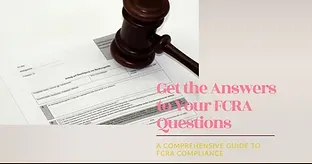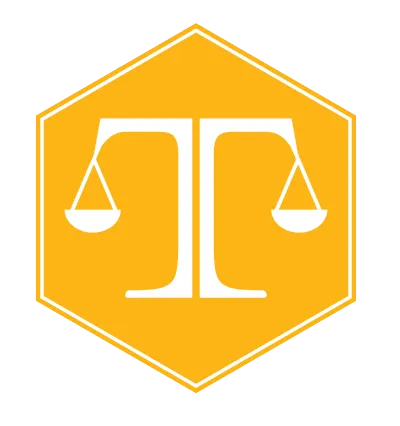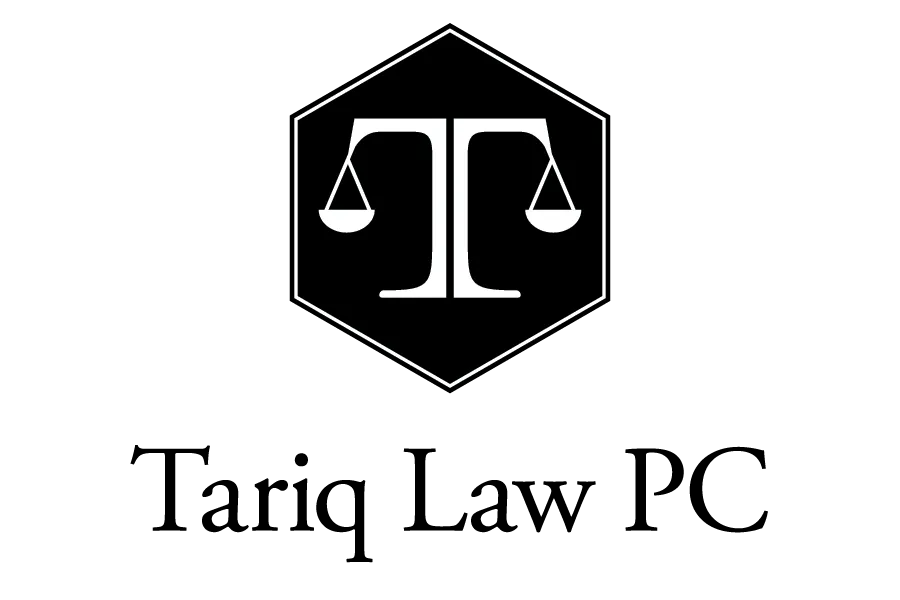FCRA Clarified: Frequently Asked Questions

Understanding the Fair Credit Reporting Act (FCRA) can be daunting. To make it easier, we have compiled a list of frequently asked questions about the FCRA. We hope these answers will provide you with a better understanding of your rights and the responsibilities of credit reporting agencies under the FCRA.
What is the Fair Credit Reporting Act (FCRA)?
The FCRA is a federal law in the United States that regulates the collection, dissemination, and use of consumer information, including consumer credit information. It was enacted to ensure the accuracy, fairness, and privacy of such data.
Who must comply with the FCRA?
Various entities must comply with the FCRA, including credit reporting agencies, data furnishers (like lenders and creditors), and users of consumer reports (such as employers or landlords).
What rights do I have under the FCRA?
The FCRA grants several rights, including the right to access your credit report, dispute inaccurate or incomplete information, have outdated information removed, and seek damages from violators.
What types of information can be included in my credit report?
Your credit report may include personal identification information, credit history, public records (like bankruptcies or tax liens), and inquiries about your credit.
How long does negative information stay on my credit report?
Most negative information (like late payments, foreclosures, or collection accounts) stays on your credit report for seven years. Bankruptcies can stay for up to 10 years.
What can I do if there is an error on my credit report?
If you find an error, you have the right to dispute it with the credit reporting agency and the information provider. They must investigate and correct inaccuracies.
Can anyone look at my credit report?
Not just anyone can look at your credit report. It can only be accessed by entities with a valid purpose, such as creditors, insurers, employers, and landlords.
What can I do if my FCRA rights are violated?
If your rights under the FCRA are violated, you may be entitled to legal recourse. This can include actual damages, statutory damages, punitive damages, and the recovery of attorney's fees and court costs.
The FCRA plays a vital role in ensuring the accuracy and fairness of credit reporting. If you believe your rights under the FCRA have been violated, our experienced legal team is here to help. We can guide you through the process of correcting inaccuracies, disputing violations, and, if necessary, pursuing legal action. Contact us today for personalized, expert assistance.

Communication
Always on your side.

Integrity
Honesty at our core.

Excellence
Pursuing the highest standards.
ASK QUESTIONS!









